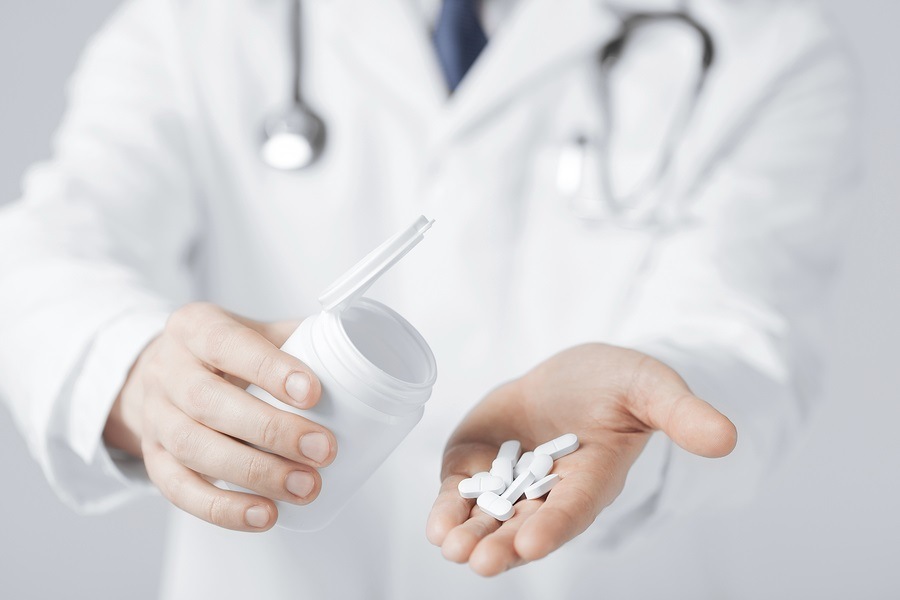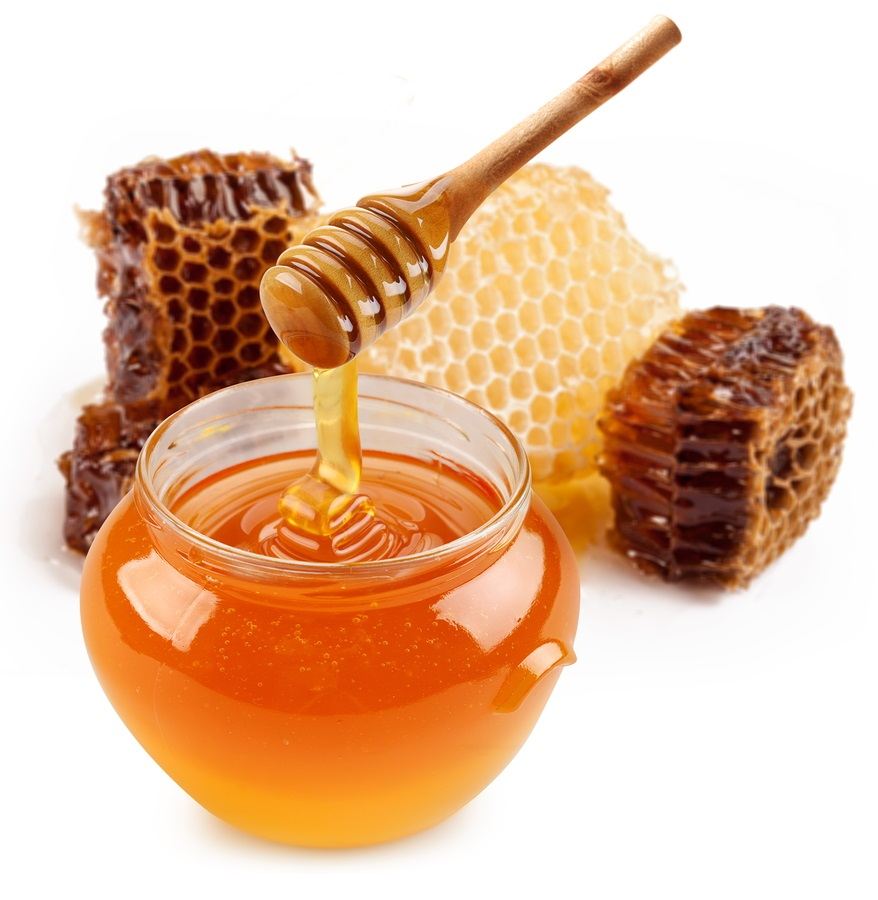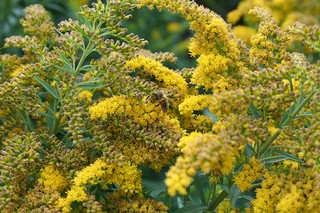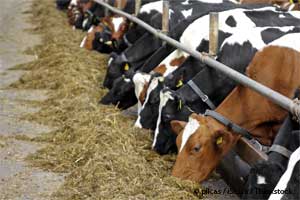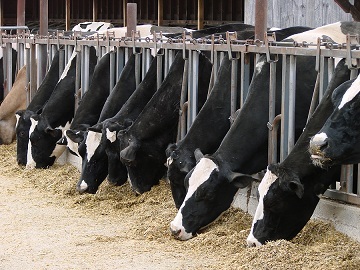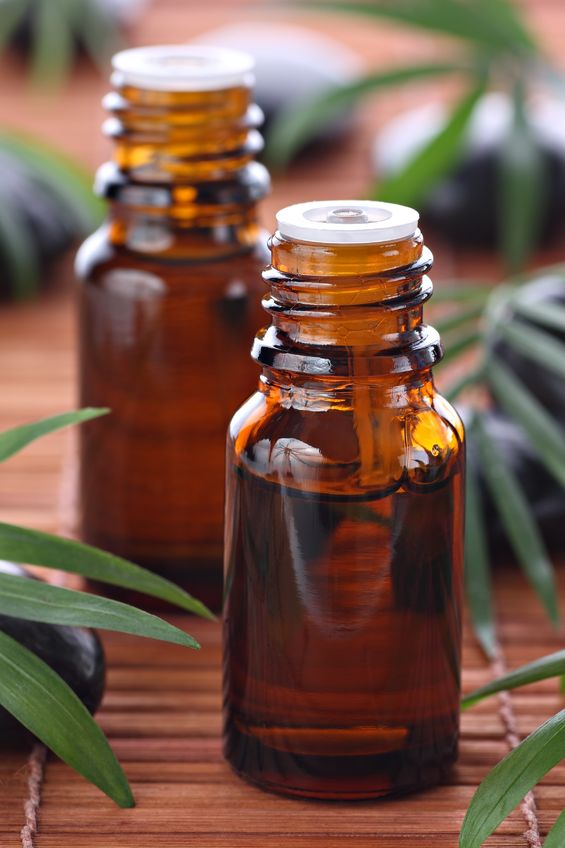Disaster Looms as Antibiotics Lose Their Efficacy
Here is a telling report from the left wind New York Times actually accurately reporting a crisis we face with infectious diseases. For many reasons outlined, companies that develop antibiotics simply aren’t making it. The reasons are many. I’ll outline a few. New drug development is extremely costly due to regulatory requirements. A new antibiotic course of therapy might cost $2000 compared to a few dollars per pill of older drugs. Doctors are (at last) more reluctant to jump on the wagon with a new drug, wanting to save it for an untreatable infection. Financial rewards for antibiotics are slim compared to drugs for other diseases. For example, the drug company will get paid for a few weeks for some drug to treat infection, compared to a lifetime of earnings for a petrochemical drug that suppresses, say, arthritis symptoms, or a non-disease like high cholesterol. It costs billions to bring a new drug to market. And that trips its monstrous price. Less sales, and the company goes under laying off scientists and anti-infection drug development languishes. In the meantime, vaccine development is going full steam thanks to immunity from lawsuits and buying out politicians to permit forced vaccination. There is an answer, but you’ll not see it until some bought out Rulers and/or their families suffer from untreatable infection.




